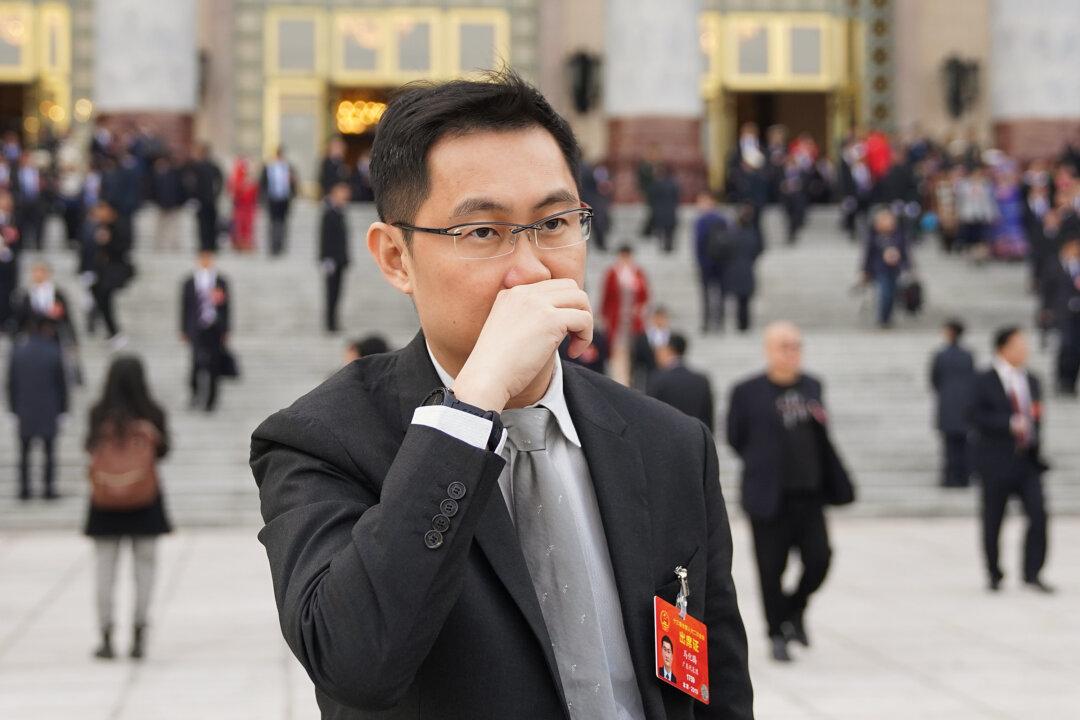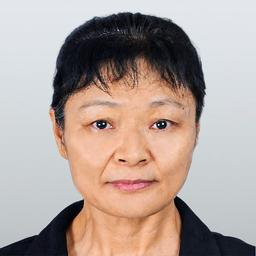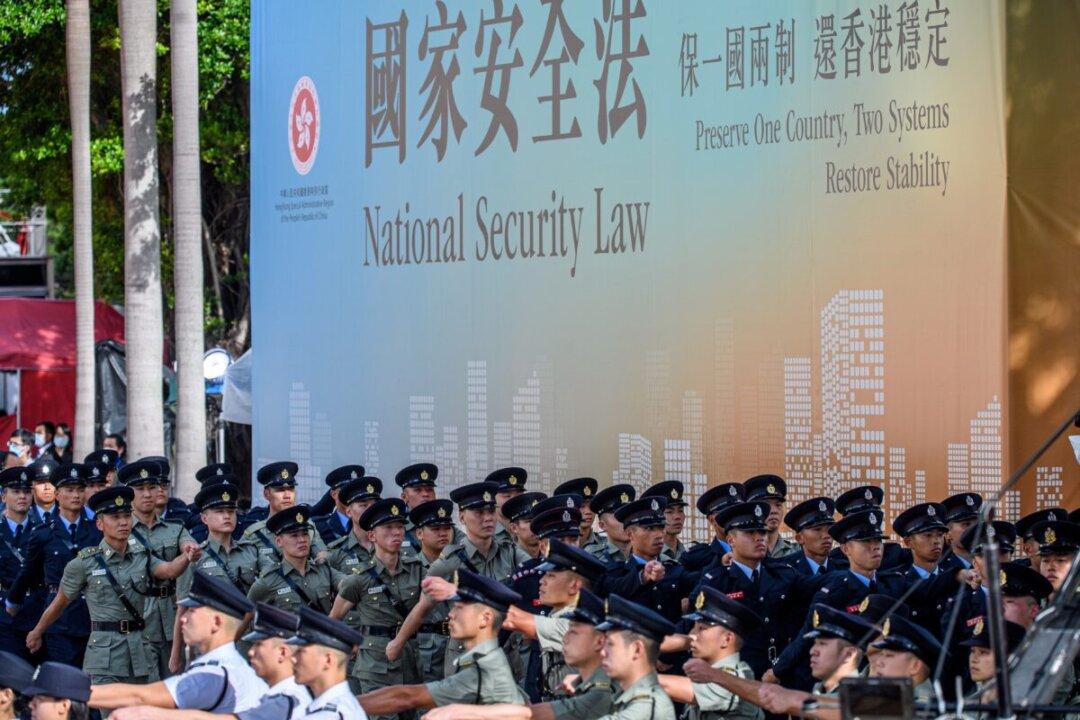China’s Tencent Holdings has reported its smallest quarterly revenue growth in 18 years amid Beijing’s regulatory clampdown on big tech firms.
The company recently released its Q4 and full-year financial reports for 2021. Its Q4 revenue increased 8 percent year-on-year, the slowest growth since the company went public in 2004. Its non-IFRS net profit in Q4 fell 25 percent versus 2020, while its non-IFRS net profit for the entire year was up 1 percent year-on-year—the slowest yearly growth rate on record.





